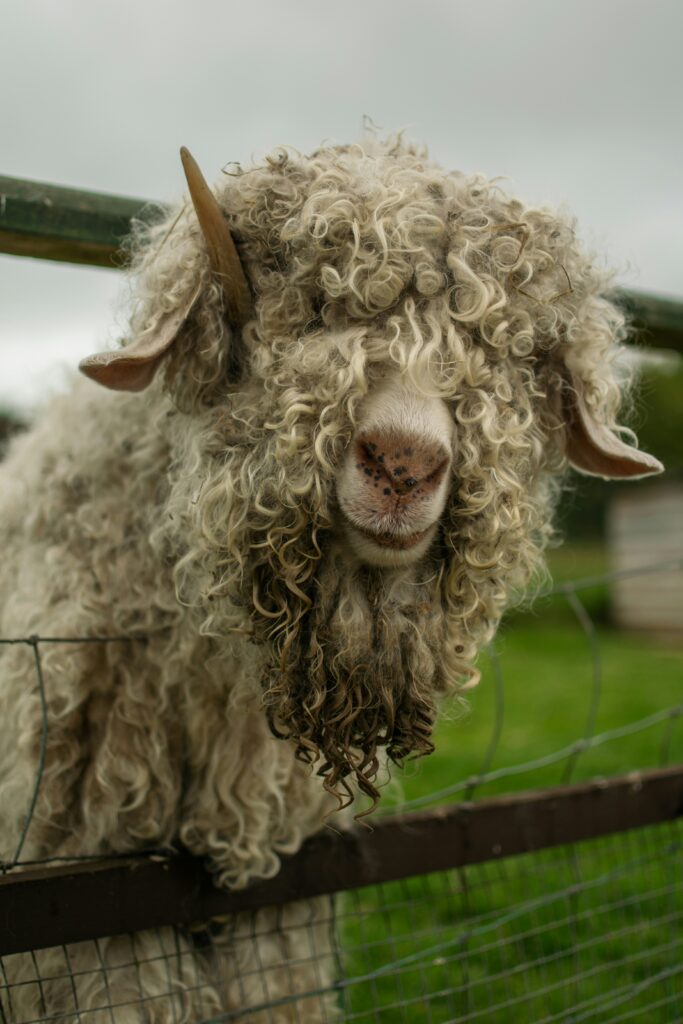Responsible mohair standard (RMS)
The Responsible Mohair Standard (RMS) is a global voluntary standard that ensures the sustainable and ethical production of mohair, a fiber derived from Angora goats. The standard, developed by the Textile Exchange, encompasses animal welfare, land management, and social requirements. It aims to help consumers identify ethically sourced and produced wool, help companies verify and strengthen their claims, and encourage farms and producers to adopt better practices that benefit animals and the environment.

Better Production and Consumption: The Benefits of RMS
The RMS promotes better mohair production and consumption by addressing the industry’s ethical and environmental challenges.
For consumers
The RMS certification provides confidence in the sustainability and ethical quality of their mohair purchases. By choosing RMS-certified products, consumers support humane treatment of animals, responsible environmental practices, and the livelihood of farmers.
For farmers
The RMS standard provides farmers and producers with a rigid framework to improve industry practices. The certification is a robust way to strengthen claims of responsible mohair production and can provide an edge in a competitive market.
For animals and the world
By setting high standards for animal care and land management, the RMS helps prevent animal abuse and overgrazing, protecting both the animals and ecosystems involved. With traceability as a key component, RMS-certified mohair products are monitored throughout the supply chain, ensuring transparency and accountability from farm to finished product.
Criteria and How It Works
To obtain RMS certification, every site in the supply chain must be certified, starting with mohair farmers and extending to the final business-to-business seller. Typically, the garment manufacturer or the brand is the last to undergo certification, while retailers selling directly to consumers (business-to-consumer) are not required to be certified.
Farms undergo an assessment by an accredited third-party certifier, which evaluates their compliance with the established criteria. Certified farms can use the RMS label on their products, letting consumers know that their wool meets ethical and sustainable standards.
Animal welfare
Farms must prove that the goats are raised in humane conditions, with access to food, water, and veterinary care. The criteria for the RMS include the Five Freedoms of animal welfare.
Land management
Farms must implement sustainable land management practices that includes maintaining soil health and protecting local biodiversity.
Traceability and transparency
Farms must be able to trace their wool from the goats to the final product to ensure transparency in the supply chain.
Social welfare
Working conditions and the health and safety of the farm workers and associated with the farm is controlled.
